
January 27, 2025 - 1689 views
Written by Jamilah Lawry
In the heart of every booming bassline and poetic rhyme lies an undeniable truth: hip hop has always been more than music. It’s a movement, a voice for the voiceless, and a classroom for life lessons. Among its many lessons, financial literacy stands out as a recurring theme. From investing to generational wealth, hip hop artists have long used their platforms to educate the streets about money management, often disguised within their gritty narratives and clever wordplay.
Lessons from the Legends
Hip hop is a genre born from struggle, resilience, and innovation. For decades, it has chronicled the journey from poverty to prosperity, offering roadmaps for financial success. Let’s break down some iconic lyrics that double as financial advice:
1. Jay-Z – "The Story of O.J."
"I bought some artwork for one million, Two years later, that shit worth two million..."
In this line, Jay-Z highlights the importance of investing in assets that appreciate over time. The lesson? Build wealth by purchasing assets with long-term value instead of spending on fleeting luxuries. Jay-Z’s entire album 4:44 is a financial literacy masterclass, urging listeners to think about credit, ownership, and legacy.
2. Nipsey Hussle – "Hussle & Motivate"
"Ownin’ rights to masters to put my kids through college"
Nipsey Hussle’s lyrics often champion ownership, particularly in intellectual property. By owning his music masters, Nipsey ensured that his art would generate income for his family for generations. The takeaway? Focus on ownership, whether it’s your intellectual property, real estate, or business.
3. Kendrick Lamar – "Money Trees"
"It go Halle Berry or hallelujah, Pick your poison, tell me what you doin'."
Kendrick reminds us of the choices we face when dealing with money: instant gratification or long-term gains. The metaphor of “Money Trees” reinforces the idea of planting seeds today to reap benefits tomorrow—a concept central to budgeting and investing.
The Rise of Hip Hop Financial Gurus
Beyond lyrics, many artists have embraced their roles as financial educators.
Rick Ross
Rick Ross turned his music money into a franchise empire, purchasing dozens of Wingstop and Checkers locations. He regularly encourages entrepreneurship and wealth building through his books and interviews.
Killer Mike
As a co-founder of Greenwood, a digital bank for Black and Latinx communities, Killer Mike bridges the gap between hip hop culture and financial empowerment. His message is clear: financial systems should work for underserved communities.
Teaching Financial Literacy Through Storytelling
Hip hop resonates because it tells relatable stories. For listeners from underserved communities, these stories often reflect their realities—payday struggles, aspirations for wealth, and the pitfalls of materialism. By intertwining these narratives with practical advice, hip hop makes financial concepts accessible.
For example:
- Debt Management: Songs like “Mo Money Mo Problems” (The Notorious B.I.G.) remind us that wealth isn’t just about acquiring money; managing it wisely is crucial.
- Savings & Investments: Tracks like “All About the Benjamins” (Puff Daddy) highlight the allure of wealth while subtly urging listeners to focus on financial goals.
How Educators and Financial Advisors Can Leverage Hip Hop
Educators and financial advisors can use hip hop as a tool to engage younger audiences:
- Curriculum Development: Incorporate hip hop lyrics into lessons about budgeting, credit, and investing.
- Workshops and Seminars: Use artist success stories to demonstrate financial principles in action.
- Financial Empowerment Programs: Partner with local hip hop influencers to connect with the community authentically.
Hip Hop: The Financial Classroom of the Streets
Hip hop remains a dynamic force for change. It educates, inspires, and empowers listeners to break cycles of poverty and achieve financial independence. By listening closely to its lyrics and stories, we can uncover valuable lessons that transcend music and resonate deeply within the streets.
So, the next time you nod your head to the beat, remember: those bars might just be teaching you how to build a better financial future.
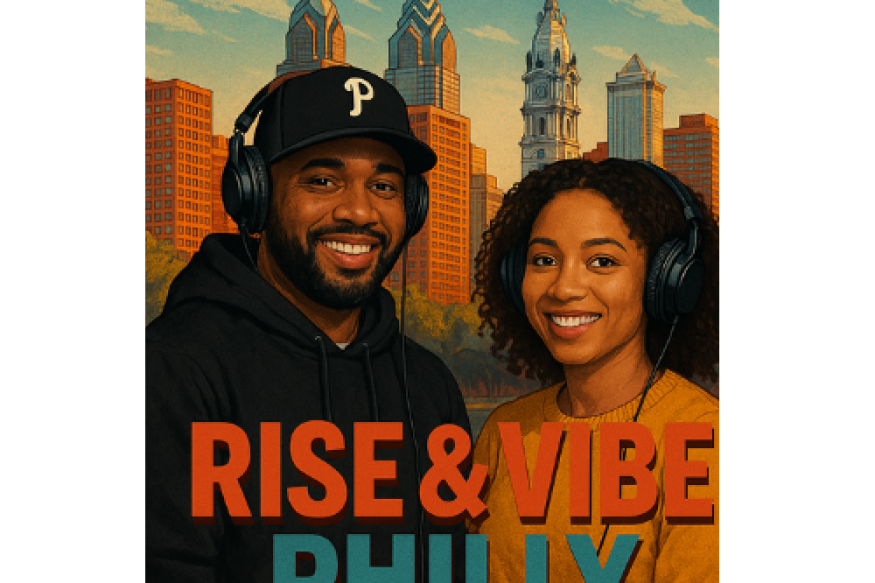
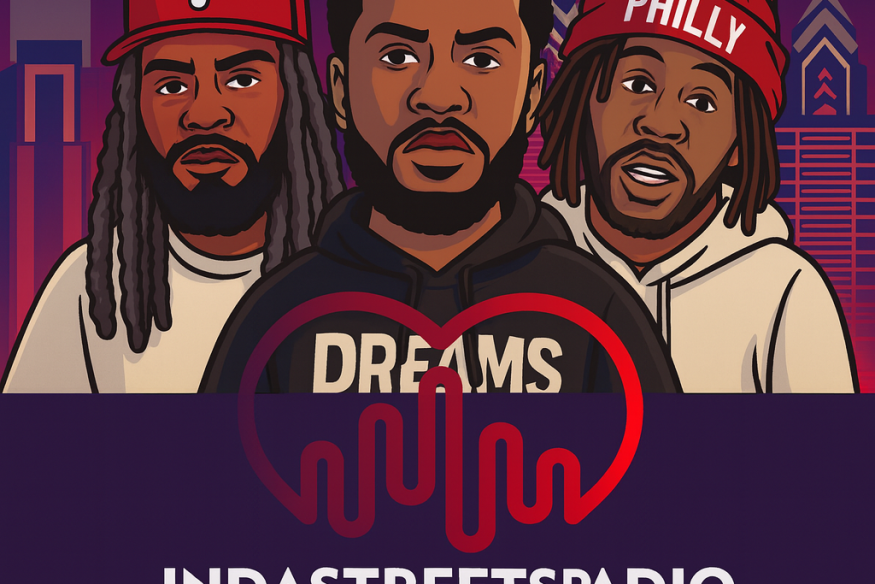
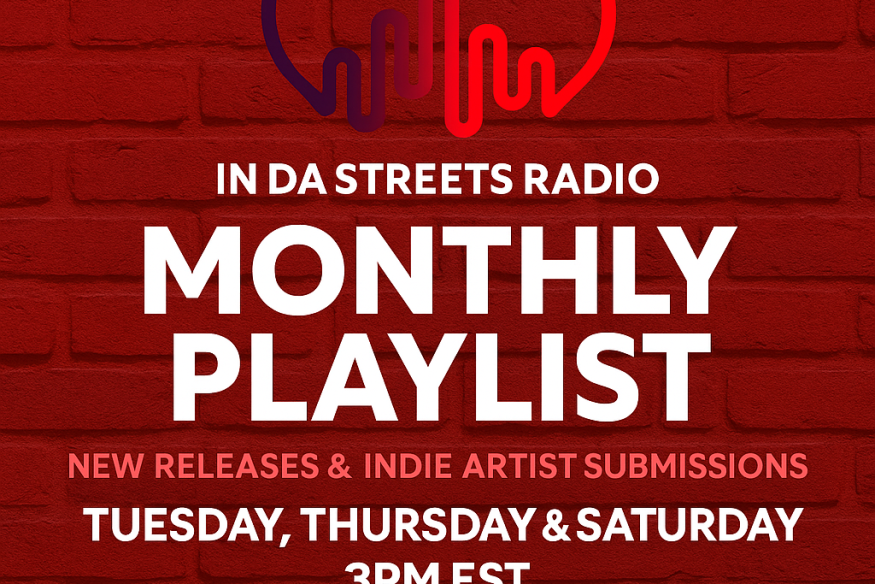




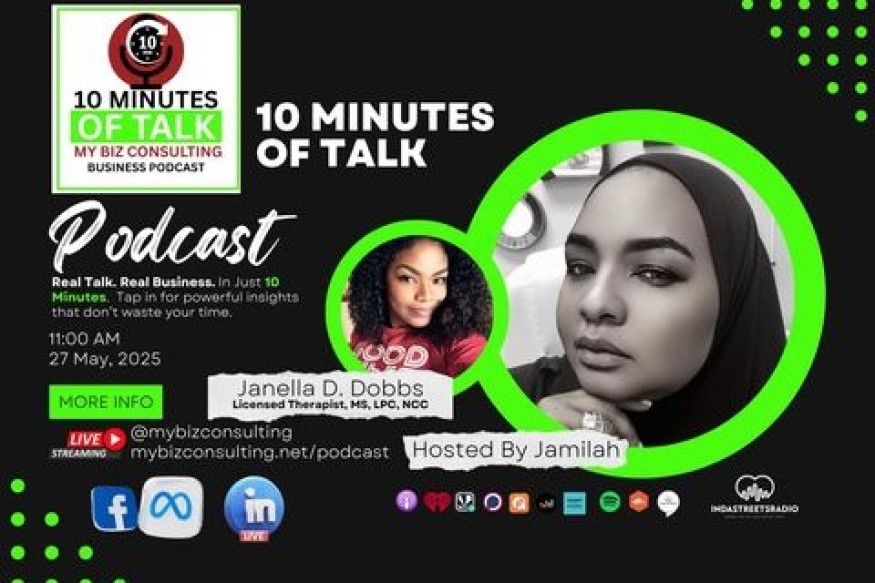




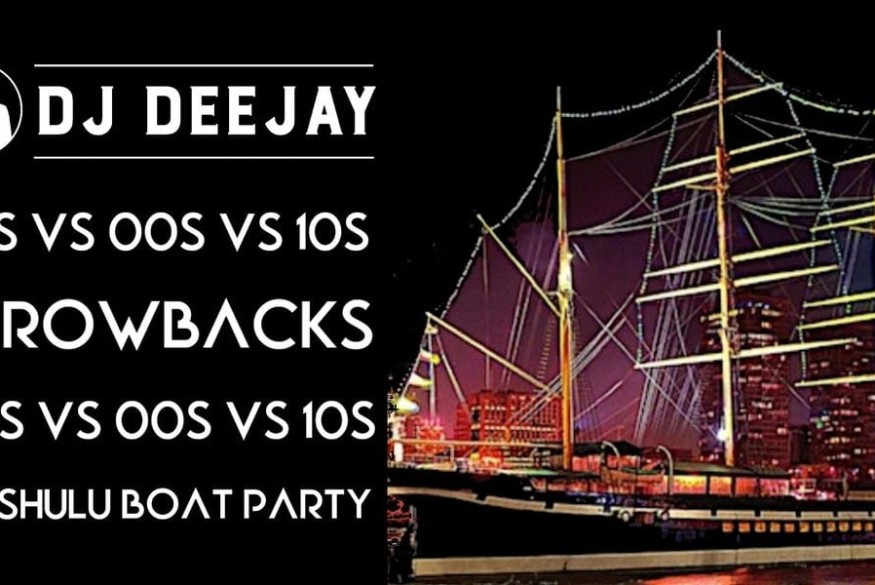

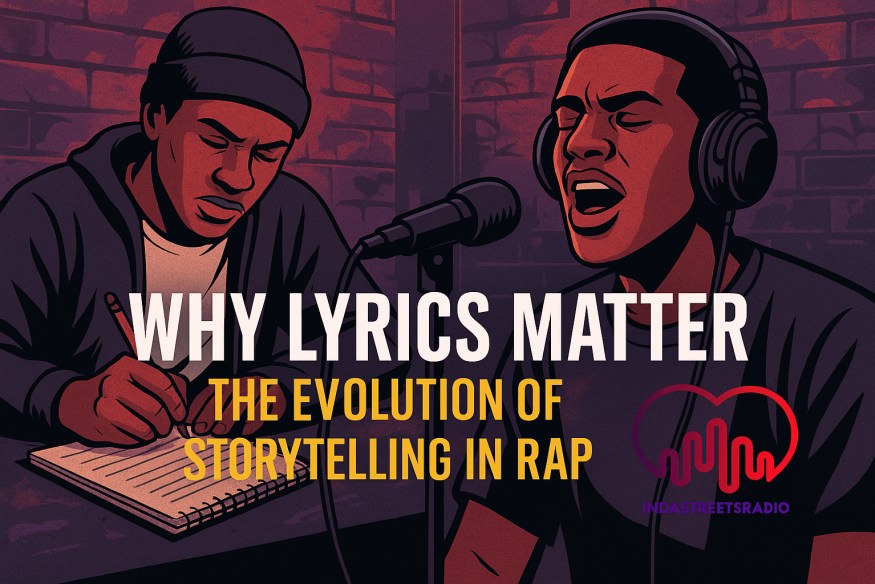
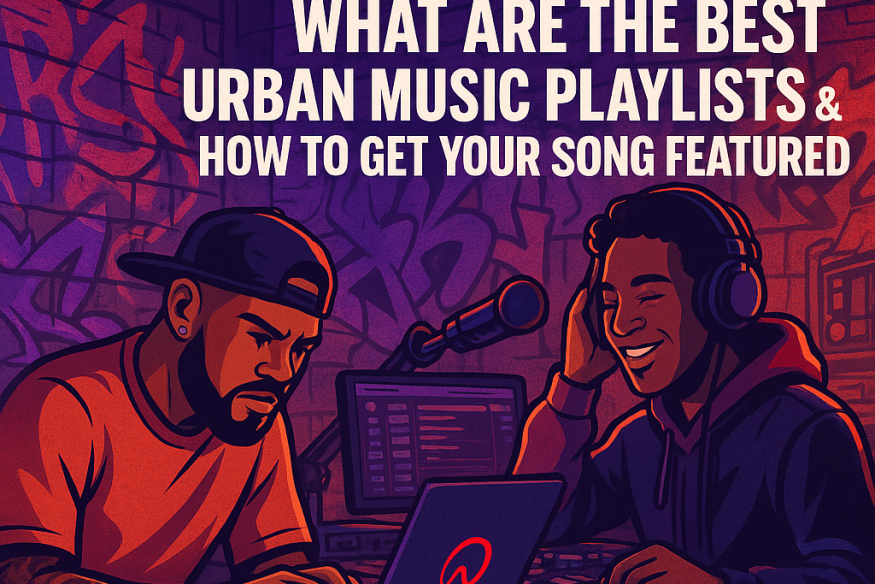
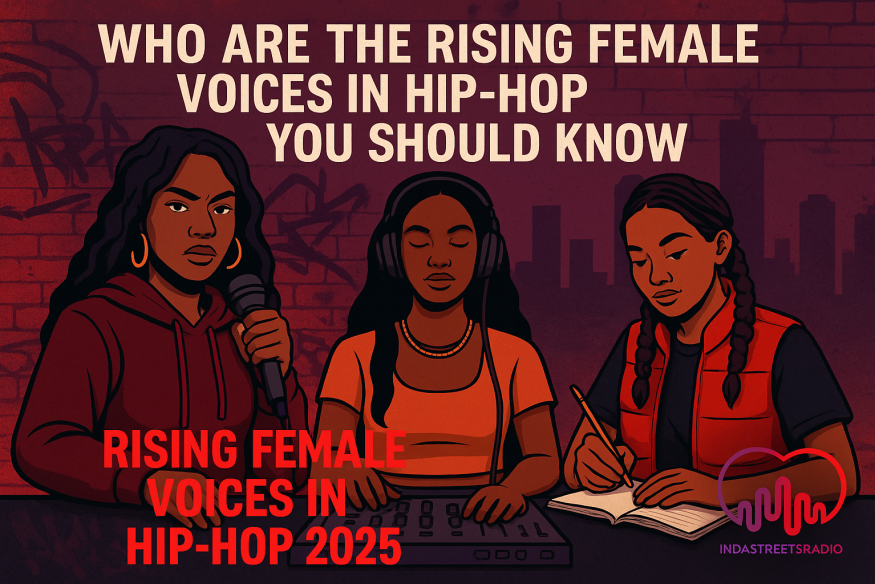

















Comments(0)